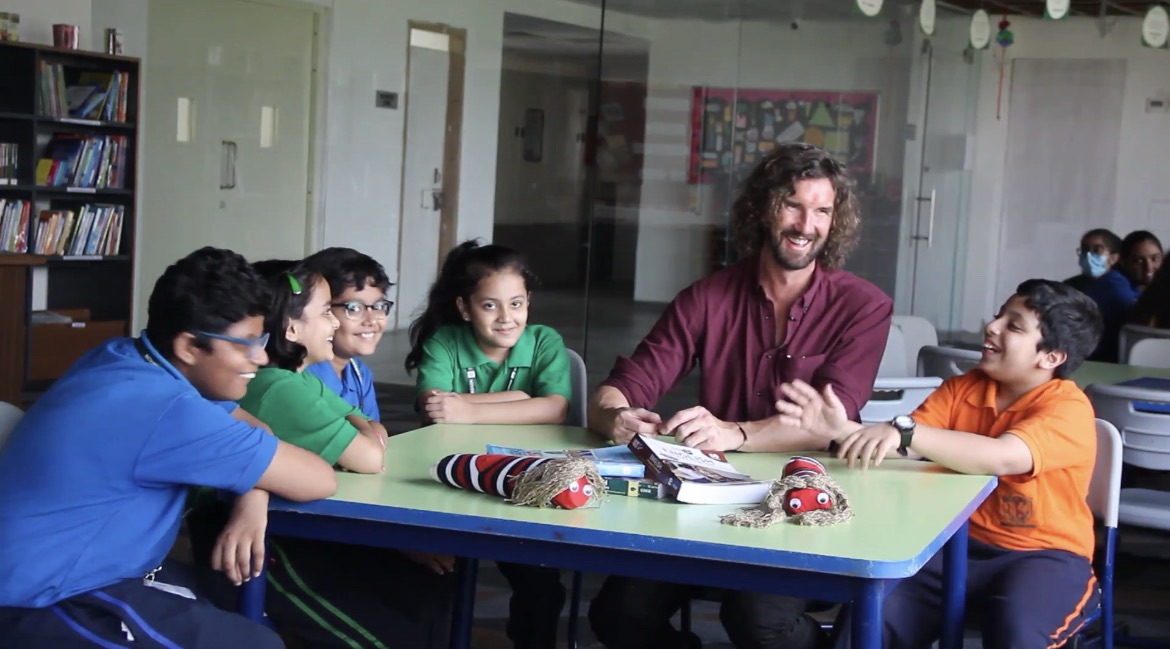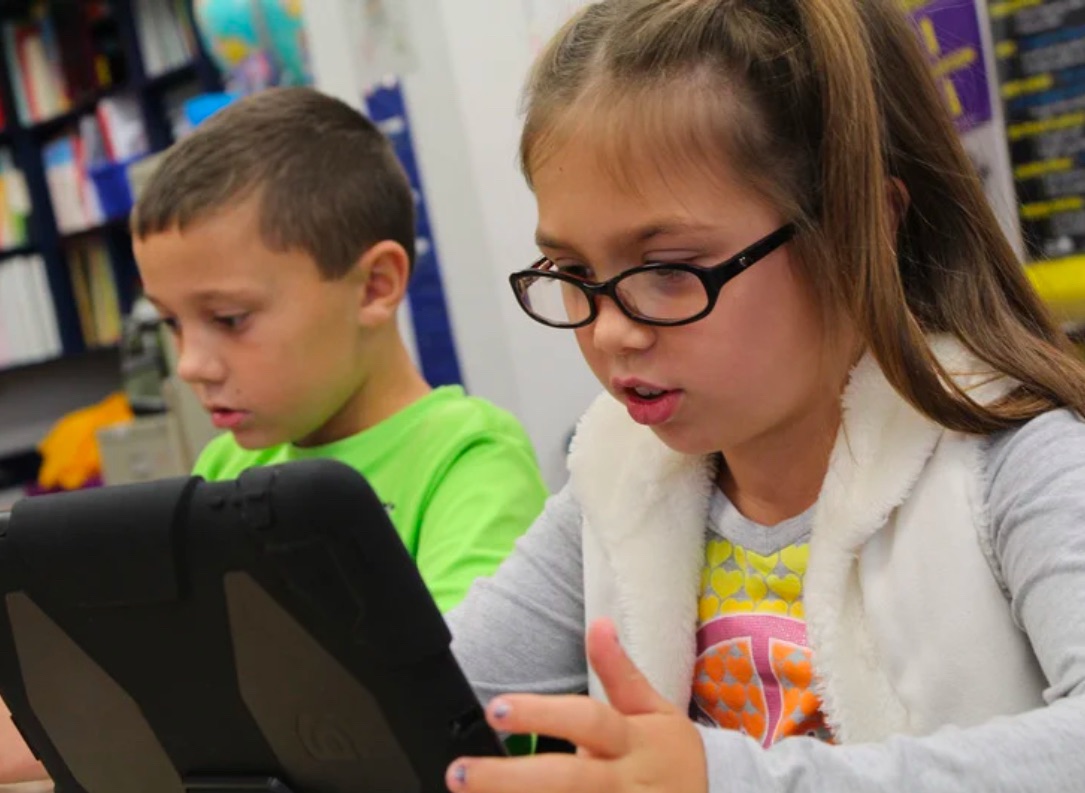Welcome to our article on the top ten things that school leaders can do to improve their schools in 2023. As we head into the new year, it’s important to take stock of what we can do to make our schools even better. In this article, we’ll be discussing strategies that school leaders can use to up-skill students, develop community, and incorporate service learning. With the right approach, school leaders can help their students to thrive, and create a positive, supportive environment for all. So, whether you’re a new school leader, or a seasoned pro, read on to discover how you can take your school to the next level in 2023.

- Up-skilling students: One of the most important things that school leaders can do to improve their schools in 2023 is to focus on up-skilling their students. This can be done through providing access to cutting-edge technology, offering a wide range of elective classes, and encouraging students to take on leadership roles. By giving students the tools and opportunities they need to succeed, leaders can help them to develop the skills and confidence they need to thrive in the 21st century.
- Developing community: Another key strategy that school leaders can use to improve their schools in 2023 is to focus on developing a strong sense of community among students, staff, and parents. This can be done through regular meetings and events, such as parent-teacher conferences, open houses, and community service projects. By fostering a sense of belonging and collaboration, leaders can help to create a positive, supportive environment where everyone feels valued and respected.
- Service learning: Incorporating service learning into the curriculum is a powerful way to improve students’ leadership skills and civic engagement. This can include community service projects, volunteering, and other forms of civic engagement. By giving students the opportunity to make a positive impact in their communities, leaders can help to instill in them a sense of responsibility and civic duty.
- Professional Development: Leaders should also focus on providing ongoing professional development opportunities for their staff. This can include workshops, conferences, and online courses. By providing teachers with the latest tools and techniques, leaders can help them to deliver the best possible instruction to their students.
- Upschool.co – Enrol Your School: An amazing, free platform designed to allow schools to incorporate The Sustainable Development Goals (SDGs) into every part of the curriculum. The site offers free courses, resources, programs and live lessons and webinars and it’s all totally free!!! Their courses give children the opportunity to work toward solving problems associated with the goals that they are passionate about.
- Encourage Creativity: School leaders should encourage students to think creatively and approach problems in new ways. This can be done through incorporating project-based learning into the curriculum, providing opportunities for students to work on independent projects, and encouraging them to explore their passions and interests.
- Emphasize Critical Thinking: School leaders should place an emphasis on critical thinking and problem-solving skills. This can be done by incorporating critical thinking exercises into the curriculum, such as debates, discussions, and case studies. By developing these skills, students will be better equipped to navigate the complex challenges of the 21st century.
- Prioritize Mental Health: Leaders should prioritize mental health and well-being of students, staff and families. This can be done by providing counseling services, creating safe spaces for students to talk about mental health issues, and providing education and resources on mental health.
- Foster Inclusion: School leaders should foster an inclusive and welcoming environment for students, staff, and families of all backgrounds. This can be done by providing cultural sensitivity training, creating a code of conduct that prohibits discrimination, and promoting diversity and inclusivity in the curriculum and throughout the school.
- Listen to Feedback: Finally, school leaders should make a point of regularly listening to feedback from students, staff, and parents. This can be done through formal surveys, informal meetings, and other forms of communication. By listening to feedback, leaders can gain valuable insights into what’s working well and what needs improvement, and take action to make positive changes in their schools.
School leaders have the power to make a real difference in the lives of their students and staff. By focusing on up-skilling students, developing community, and incorporating service learning, they can create a positive, supportive environment that encourages learning and personal growth. As the famous educator and philosopher, John Dewey, once said, “Education is not preparation for life; education is life itself.” By providing the resources and opportunities that students need to succeed, school leaders can help their students to live rich, fulfilling lives, both in and out of the classroom. With the right approach and the right tools, school leaders can help their schools to thrive in 2023 and beyond.








